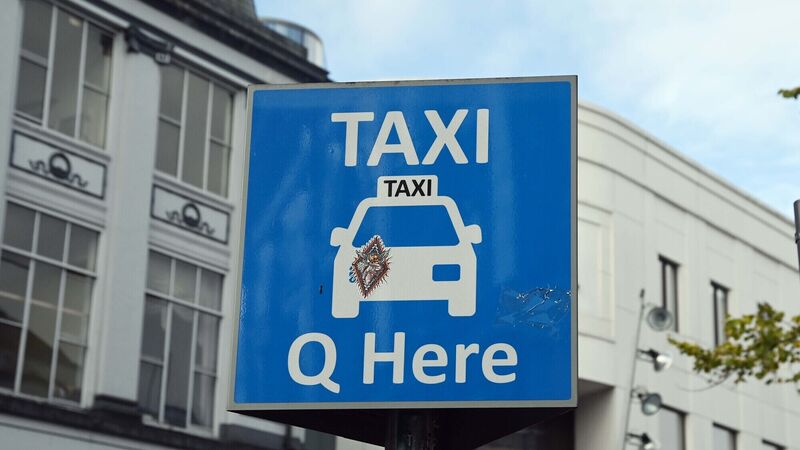Hail, rain or shine: Why customers can no longer get a cab in Cork

Costs, unsociable hours, and attacks mean drivers are leaving the trade. Picture: Denis Minihane
Rising costs, unsociable hours, and the risk of being attacked. Cork taxi drivers say these are the reasons why so many of them are leaving the business, why the age profile of those still driving is getting older, and why there are fewer taxis available, day or night.
How acute is the problem? The base manager of one Cork cab company told the how they have reduced their fleet from 20 to five vehicles in just a year.














